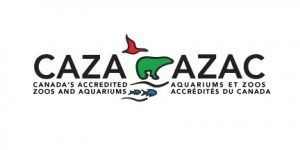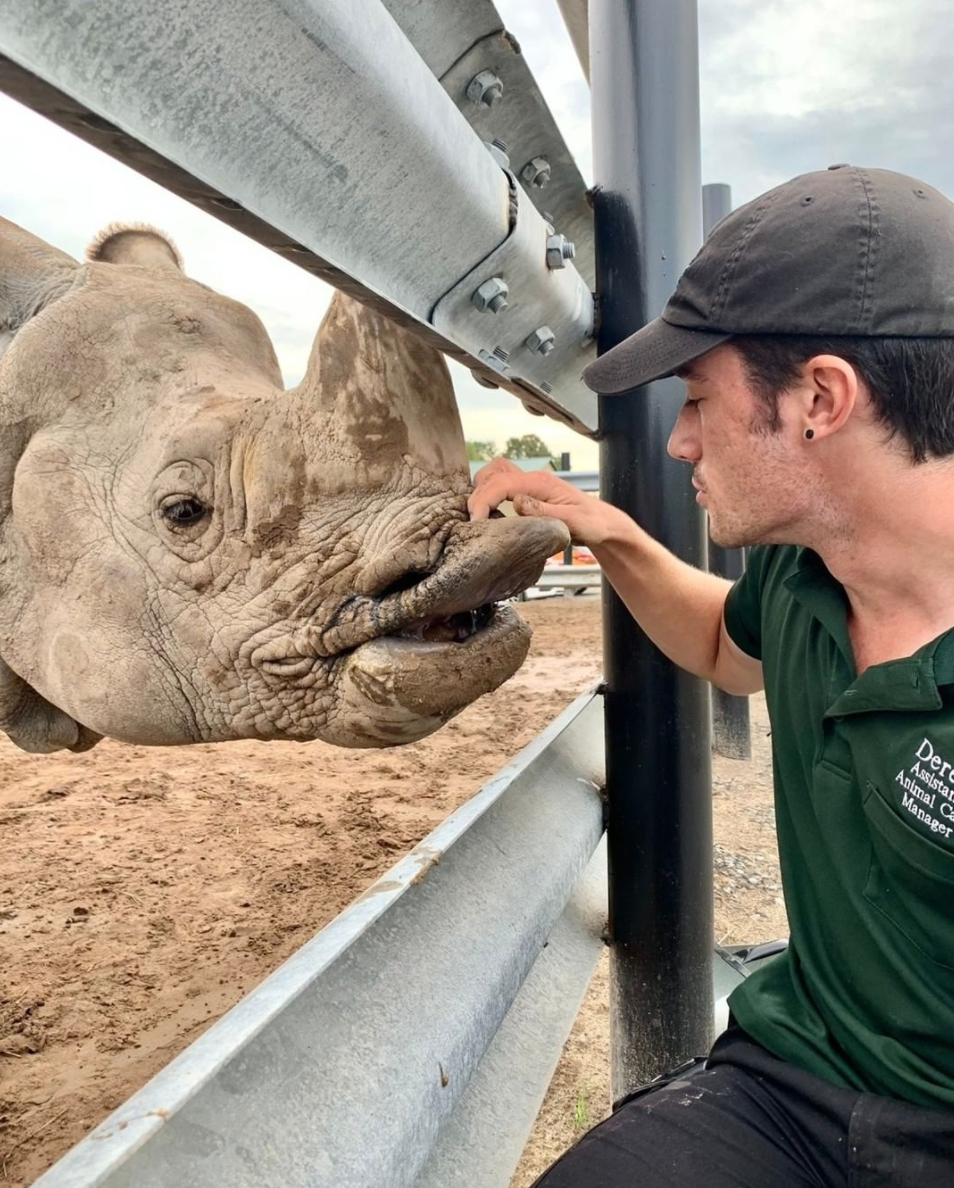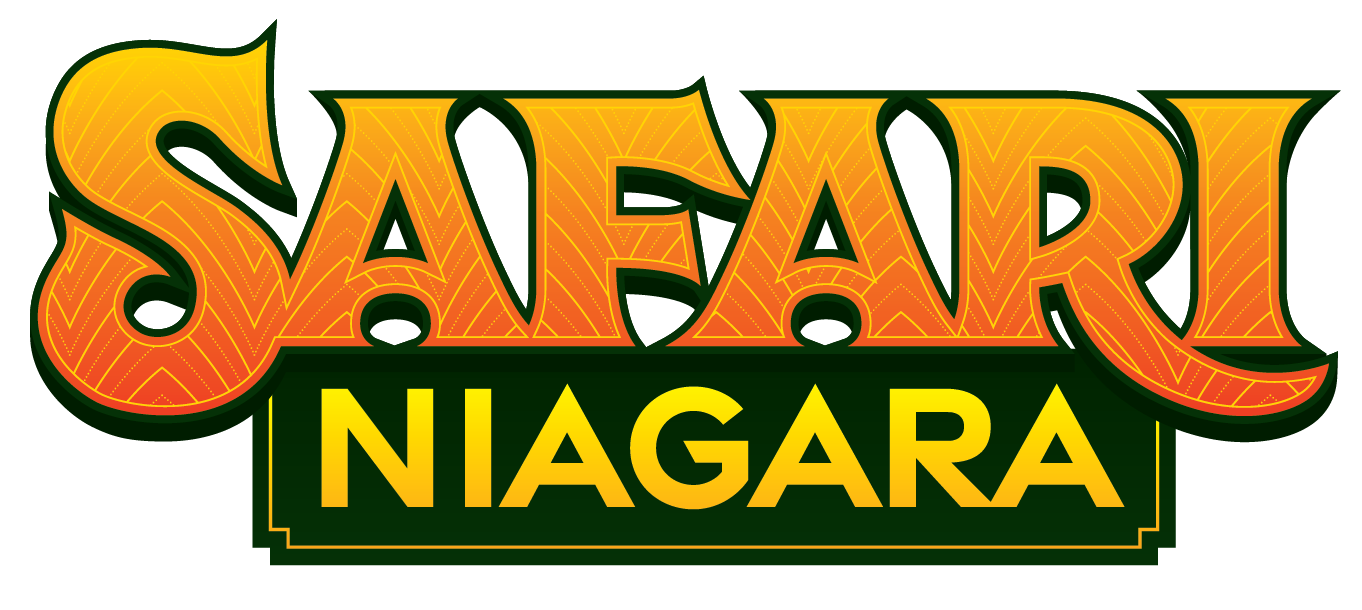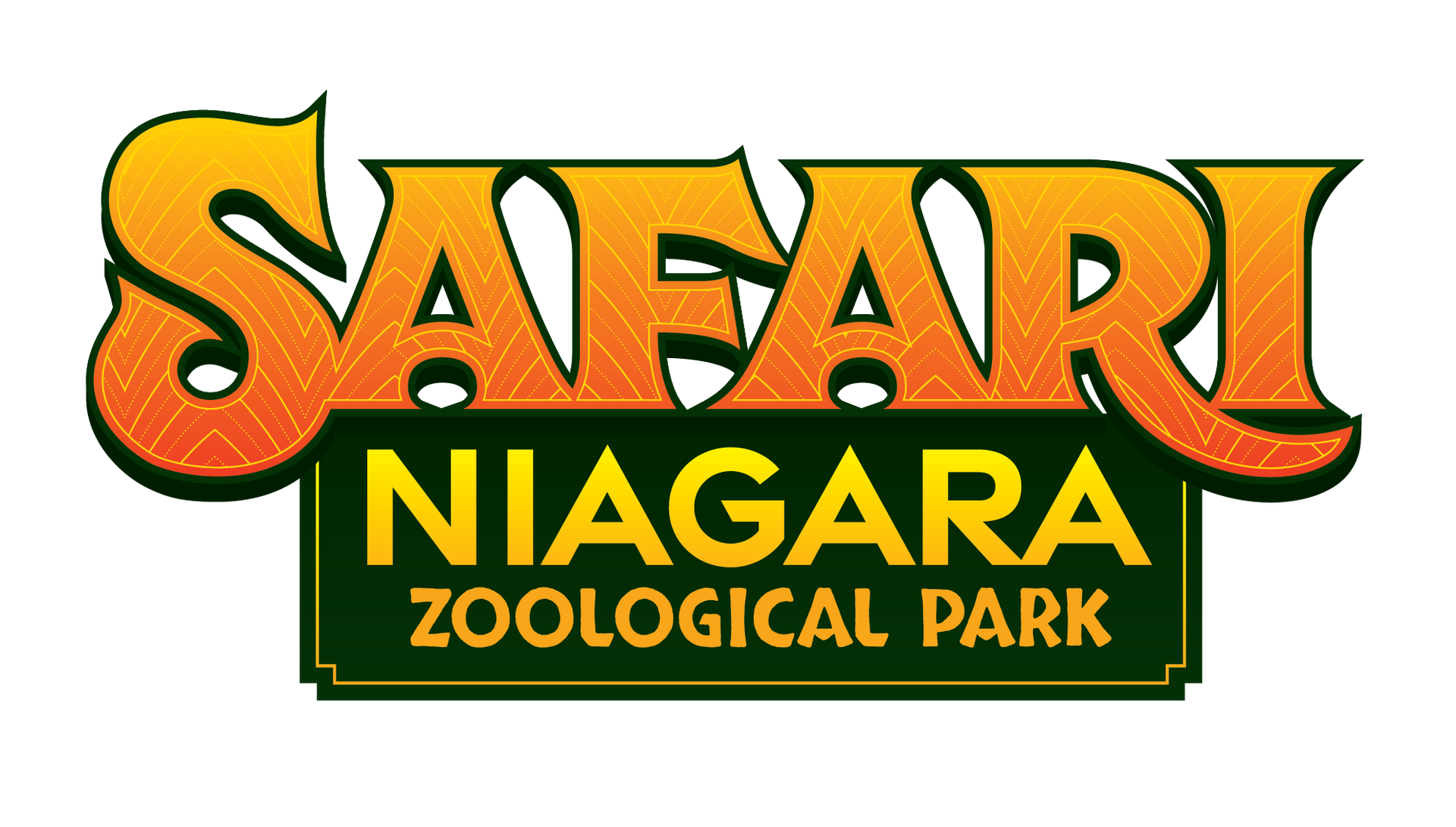caza accredited facility
Canada's Accredited Zoos & Aquariums
Founded in 1975, Canada’s Accredited Zoos and Aquariums (CAZA) is a private charitable organization representing the country’s leading zoological parks and aquariums. CAZA is committed to the advancement of accredited zoos and aquariums as humane agencies of animal welfare, conservation, science and education.As a registered charity, CAZA supports and enhances the conservation role of its members through a variety of public engagement and information initiatives and by partnering with like-minded organizations and institutions.
Thanks to its comprehensive accreditation program and Code of Professional Ethics, CAZA-accredited zoos and aquariums are recognized for their high standards of animal care. CAZA and its member institutions often partner with government and animal welfare agencies by providing training as well as expert assistance in investigations and in the re-homing of exotic animals.
Through their role as interpreters of a natural world increasingly under threat by human activity, CAZA member institutions help more than 12 million visitors each year connect with and care about nature. In addition to maintaining these vital links, our member institutions participate actively in hundreds of applied conservation programs and are behind some of the most remarkable conservation success stories, bringing species such as the Black Footed Ferret and the Vancouver Island Marmot back from the brink of extinction.
CAZA does not grant or rescind operating licences or license the keeping of animals by zoological institutions. In Canada, the granting of licences is the purview of provincial and/or municipal governments.
Since its inception in 1976, CAZA has worked to develop accreditation standards that have since become recognized as among the best in the world. Here at home, they serve increasingly as a benchmark for quality animal care and welfare. Today, governments at all levels have incorporated these standards into their regulatory frameworks either directly, by making CAZA accreditation a requirement for licensing, or by referencing them in their regulations.
CAZA’s accreditation program revolves around the principle that zoos and aquariums have a critical role to play in supporting species conservation and biodiversity and that to play that role effectively, they must be guided by the highest standards of safety and animal care, as well as by clear education strategies and goals.
The accreditation program and the standards on which it is based have gone through numerous changes as knowledge of animal care, conservation and education practices, as well as societal values and expectations, have evolved.

CAZA’s accreditation standards are designed to promote professionalism in all aspects of zoo and aquarium management. They ensure CAZA members provide the best possible care for the animals they are entrusted with, and that the more than 12 million yearly visitors to CAZA-accredited facilities benefit from quality and safe learning experiences about animals and nature.
Canada’s accredited zoos and aquariums have a long and distinguished record protecting, conserving and restoring biodiversity. They collaborate regularly with government agencies; NGO’s and volunteer organizations in work aimed at the preservation of species in Canada and abroad, investing countless hours of professional service and millions in expenditures and financial support.
CAZA members participate in hundreds of conservation and science programs within their facilities and are directly involved in a number of critically important field reintroduction projects, most linked directly to helping save endangered species in Canada and abroad.
Conservation is often discussed in terms of science and investments; however it is much more appropriate to think of conservation from a human perspective. As important as the scientific work done in our zoos and aquariums is, perhaps more important still is the unique role that these accredited institutions play in connecting people to nature.
The Millennium Ecosystem Assessment a study mandated by former UN Secretary-General Kofi Annan in 2000 and released in 2005, concluded that our human impacts on our planet had triggered a mass extinction of species, estimated at 1,000 times faster than historical rates.
This landmark study clearly showed a critical and accelerating decline in biodiversity due to human activities: habitat loss, introduction of invasive species, pollution, human population growth, and resource over-exploitation. Climate change tops this list of human-induced threats to life on Earth.
Addressing this crisis requires a change in how humans view themselves in relation to nature, and this is where zoos and aquariums come in. Change can only be sparked by caring, and no other institution or organization can help foster the emotional connections between humans and nature like zoos and aquariums.




